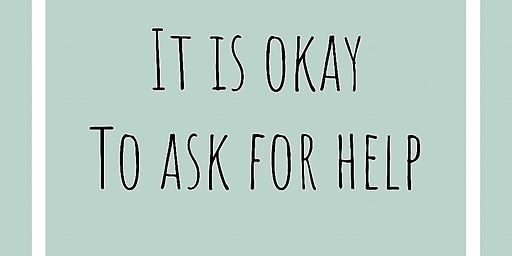At times it’s easy to recognize signs that you need to talk to someone, even if you feel reluctant to make a call. But while the difficult calls and shifts add up, you may underestimate the effects of trauma and stress — and it becomes easy to overlook the signs that you need support. Don’t be reluctant to ask for help if you are experiencing any of the following warning signs.
Feeling irritable or angry:
You may have a lack of patience for things that never used to bother you. It seems to happen at times when it doesn’t make sense to be that upset.
Feeling anxious, depressed, lonely or constantly sad:
You may feel down, moody, or notice that you feel happy much less frequently. The bad days seem to far outweigh the good days.
Reliving traumatic events:
You want to forget that call, the scene that unfolded, the devastation you responded to, but those memories keep reappearing, usually at unexpected times.
Isolating and lack of trust in others:
You may feel alone, and you prefer to be alone. Usual interests and activities are no longer appealing to you. You may question whether anyone cares, including your leadership at work. You worry that even people who are normally close to you can’t understand how you feel.
Experiencing compassion fatigue, burnout or moral injury:
You may find it difficult to empathize with others and are bothered by situations and events that feel very wrong to you. The cost of serving your community is taking a toll on you with every shift.
Struggling to sleep or oversleeping:
You may be negatively impacted by shiftwork and have little recovery time. Sleep is interrupted or elusive, and you never seem to feel rested.
New or increased substance use:
You may feel that it is much easier to find ease or solace with a few drinks. But you or someone close to you has noticed an increase in how much you are drinking.
These feelings are normal, but they can take a significant toll on your well-being. It doesn’t mean that you are destined to have a long-term mental health condition because you’re experiencing this, but
addressing signs and symptoms is vital to ensuring lifelong mental health and wellness.
- Emily Boris, LPC, LLC













